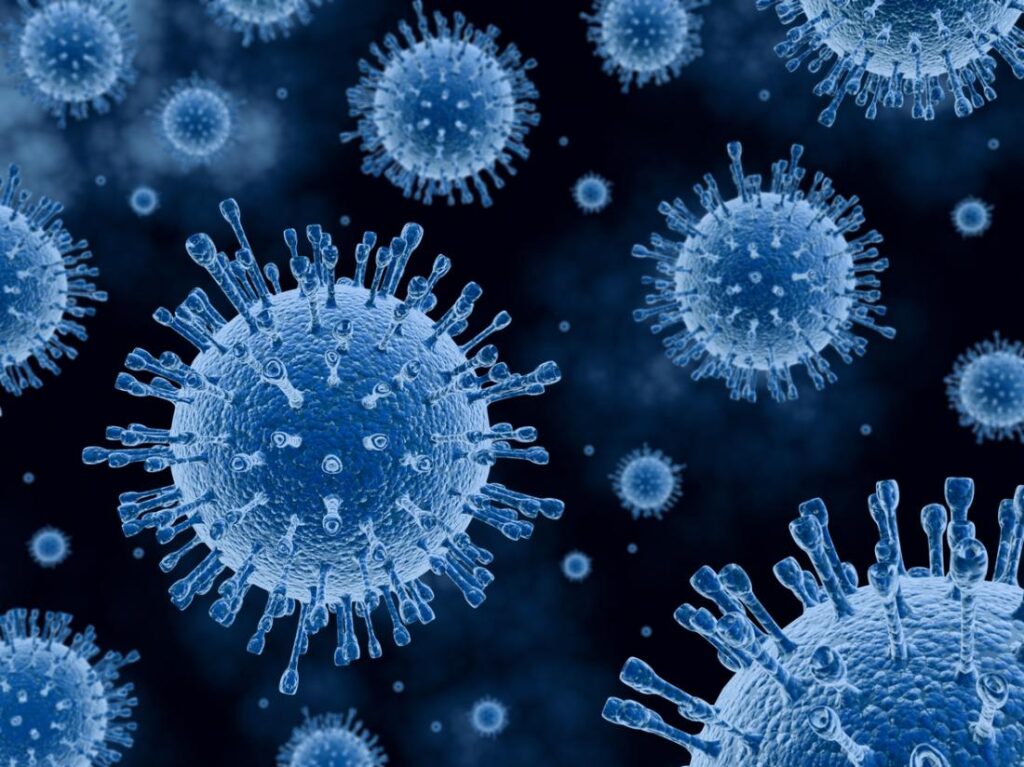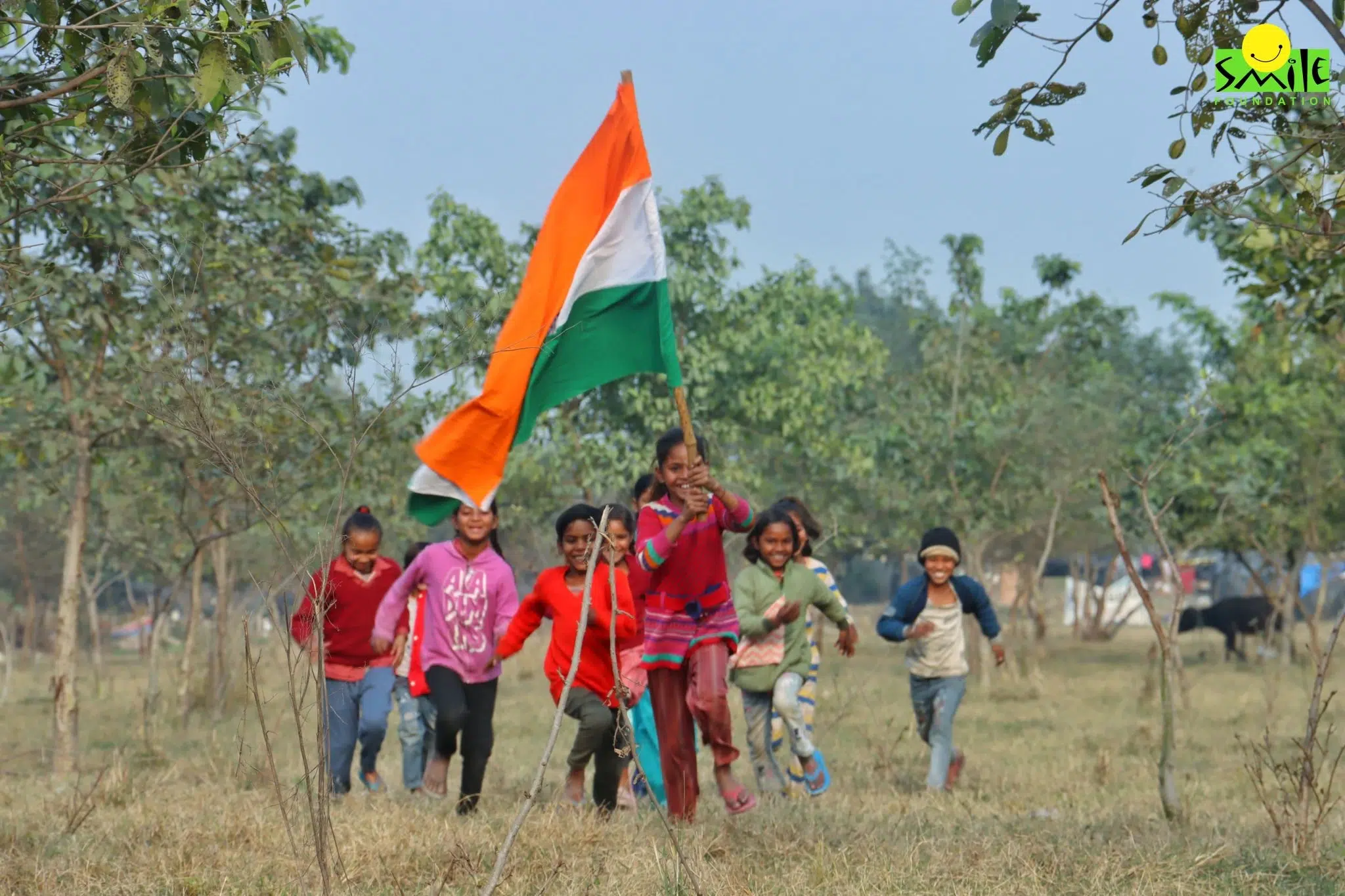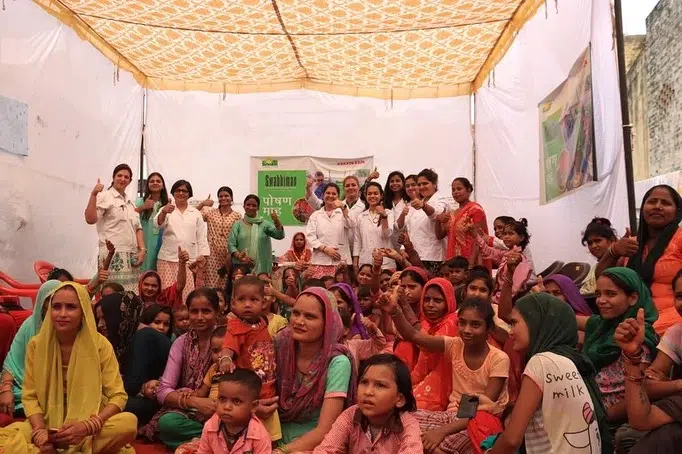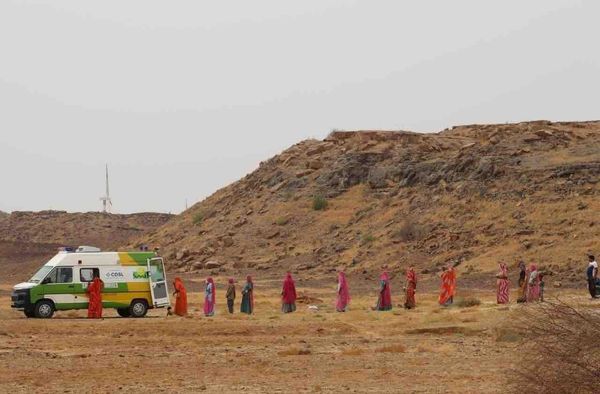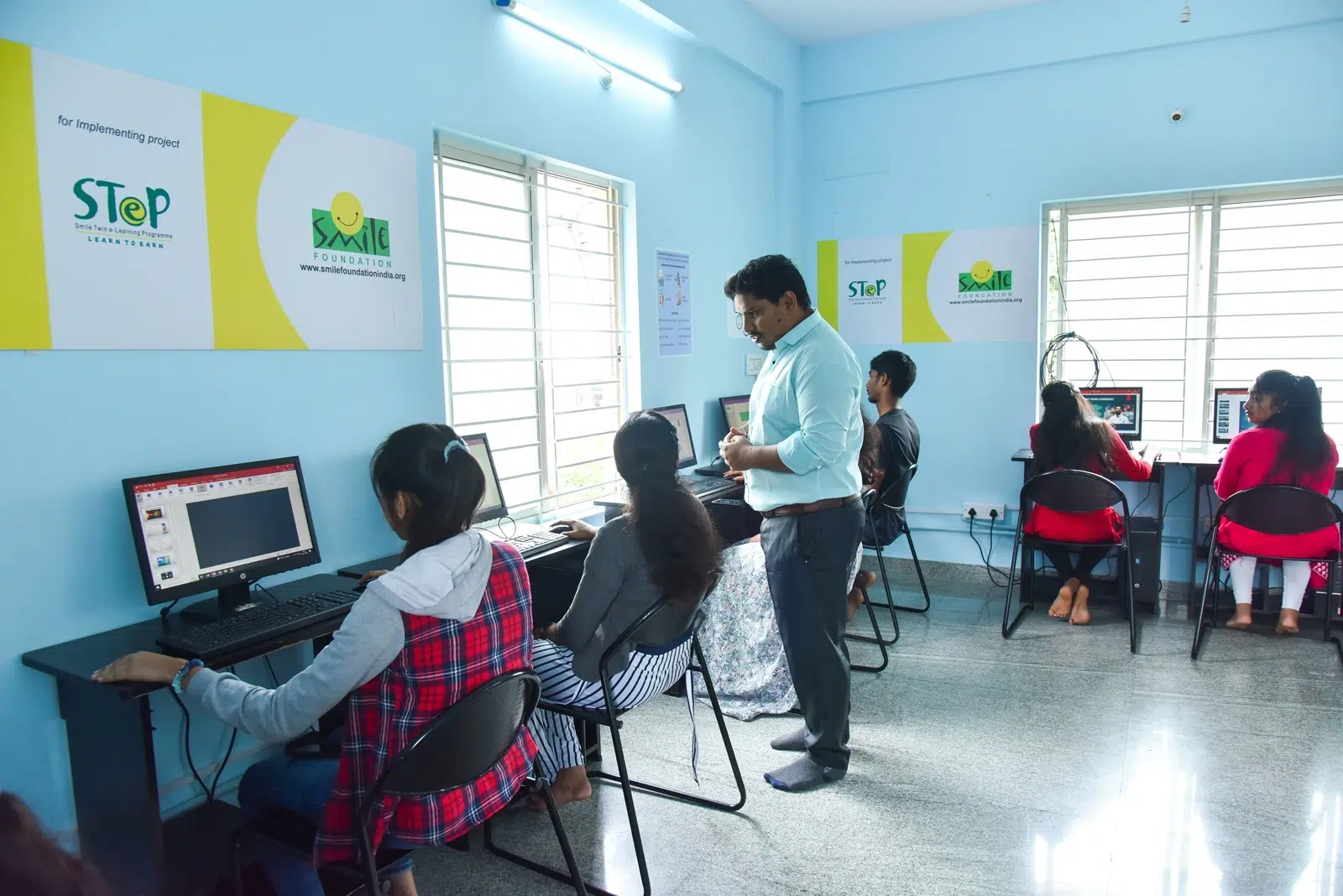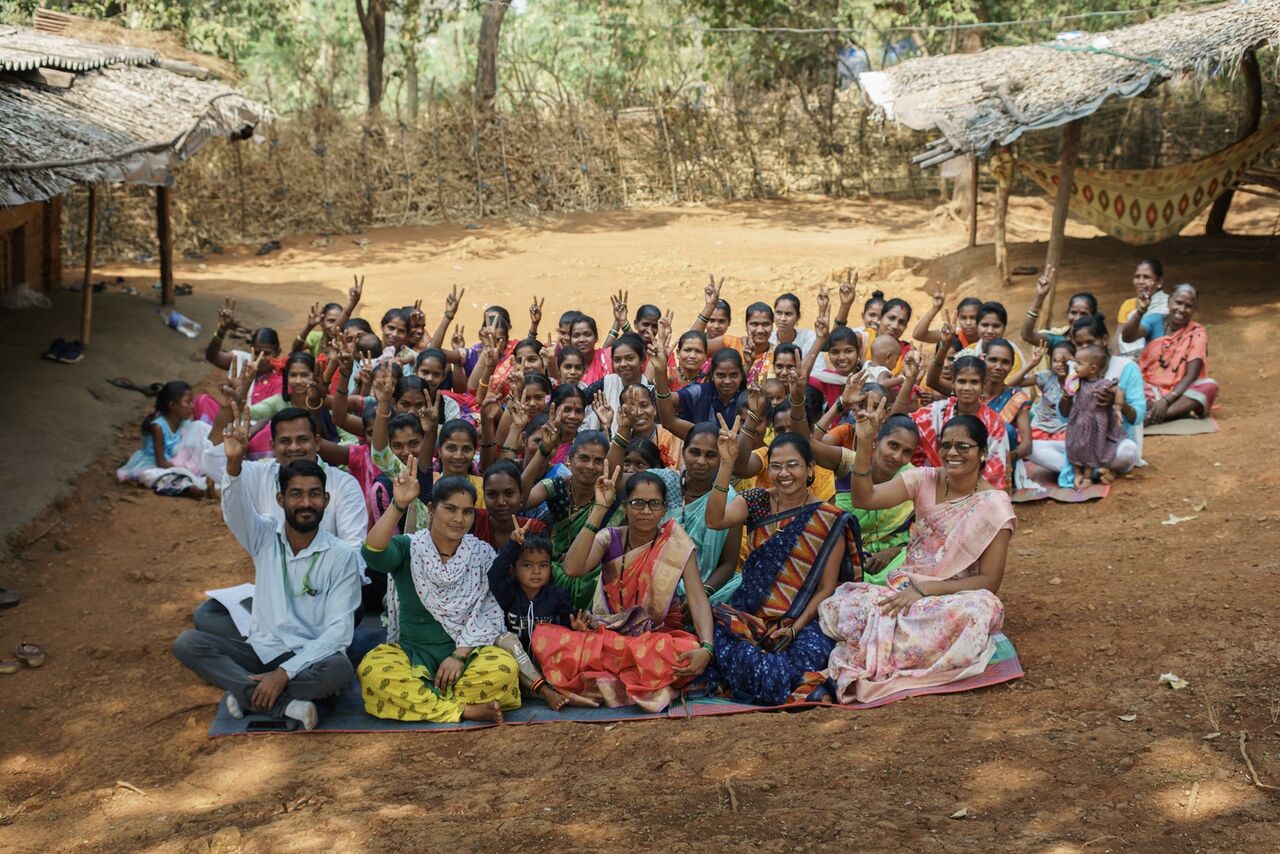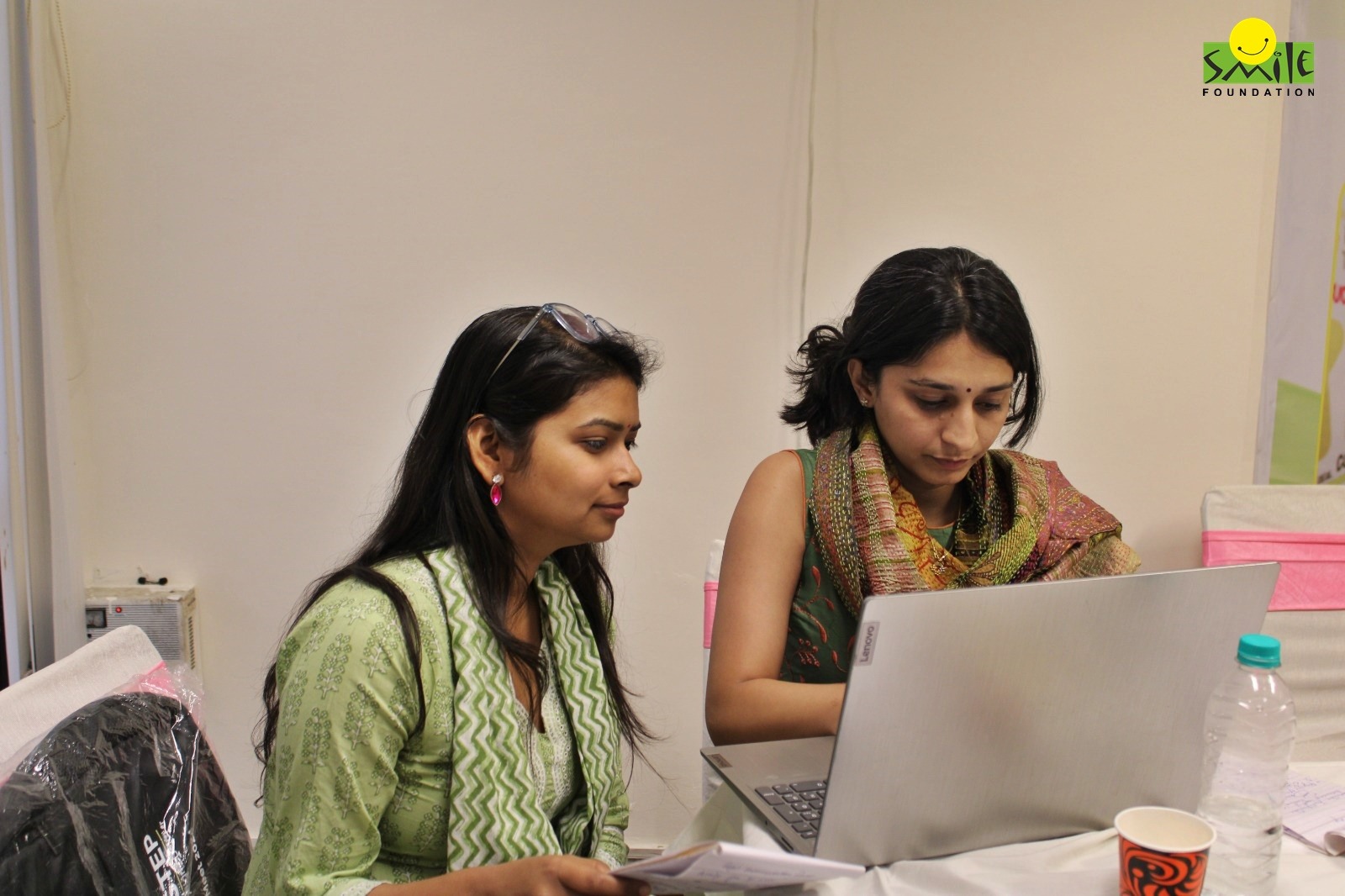Black Plague in 1347, cholera pandemic in 1816, flu pandemic in 1889, Spanish flu in 1918, HIV/AIDS pandemic since 1920, H1N1 flu in 2009 and now the pandemic, COVID – 19.
Diseases have been inflicting humans since the dawn of civilization, probably even before that. The earliest known epidemic to have affected a vast population was the Plague of Athens (429 – 426 BC). It claimed as many as 100,000 lives in Greece and the cause of the epidemic is still not known.
One of the most devastating pandemics of all time is the Black Plague (1347 – 351). Even though confined majorly to Europe and the Middle East, it wiped out more than half the population of Europe with 200 million deaths. In 1918, Spanish flu (presently H1N1) hit the global population affecting one-third of the population worldwide while killing between 17 – 50 million people at the time.
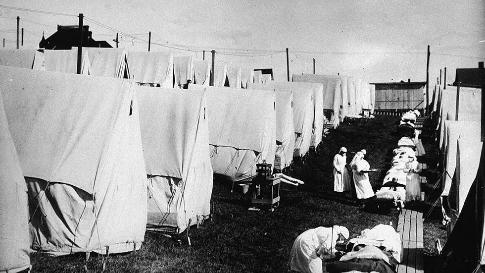
What made each of these pandemics worse than the last was the fact how much the world kept shrinking and connecting more people with each other. Presently, more than 100,000 flights go around the world making travel from place to another easier both for humans and the virus they might host. If a pandemic like Black Plague were to happen, it will easily spread through the in a matter of few weeks. Precisely what we are facing with the COVID – 19 which as affected over 180,000 people and killed more than 7,000.
It takes just one person!
However, with advancing diseases humans have also managed to become advanced in technology. A disease that would once have passed through humans untreated and/or unrecognized can now be prevented from becoming apocalyptic. Scientists now have knowledge and technology far more superior than they did just 20 years. Reports are there that vaccine for COVID – 19 can be available within the next 18 months. Earlier, if the human trials succeed.
Doctors, scientists, and organizations are working round the clock not only to find a vaccine for COVID -19 but also to find one single vaccine for all the virus strain known to humans. They hunt for such virus strains hosted by birds, pigs, bats, and animals which are known to pass these viruses to humans, to find the disease(s) that can possibly kill thousands of millions of people, before it even enters the human system.
Being prepared for a global pandemic has become important in modern times. It is not a matter of if but when in the case of a viral disease. It’s COVID – 19 which is infectious yet has a low mortality rate. It will be something more severe in the future and to be prepared for it is all each of us can.
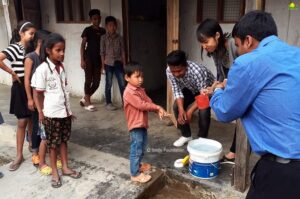
The same starts with hygiene. Maintaining proper hygiene is important not only to prevent a pandemic or an epidemic but also to prevent oneself from falling sick of diseases that can turn fatal. Washing hands properly and regularly; not touching one’s mouth, nose, eyes; staying away from public spaces when sick; contacting a doctor timely when sick are a few things that can prepare one at a personal level.
In a world that has 1.2 billion living on less than one dollar a day, adopting these habits is not the priority. Lack of awareness and limited access to healthcare due to inadequate infrastructure makes the poorest of the world the most vulnerable to being victims of fatalities due to a pandemic.
In an effort to prepare the people from underprivileged communities in India, Smile Foundation conducts awareness and counseling sessions across all its project verticals. From teaching children to hand washing techniques to imparting the entire community in urban slums & rural areas with knowledge of maintaining adequate hygiene, Smile undertakes the role to prepare people for a situation that can be prevented; and if not prevented then protected from.



